Product Description


Mbuya Dance Mask, Pende – Congo
This fine and colorful mask is an old Eastern Mbuya Pende. Pende masks are among the most dramatic works of all African art. The Pende tribe carves several different types of masks that they use to communicate with spirits during rituals.
Made of 100% wood
Model is W 49 – H 24 and weight 0. kg.
Description
This fine and brightly painted mask is an old Eastern Mbuya Pende, with wide high brow, deep ocular orbits, with raised coffee-bean eyes, and wedge shaped nose, a pointed chin, and a pouting mouth. The whole with remains of red and yellow pigment. A very fine and classical example. The Pende tribe carves several different types of masks that they use to communicate with spirits during rituals.
Pende masks are among the most dramatic works of all African art. About twenty characters and seven “masks of power” appear in ceremonies such as millet-planting celebration or circumcision and initiation ritual, and the ritual of enthronement of a chief. There are two styles: the western one of the Kwilu with its mbuya mask characterized by a somber, gloomy expression, and the Kasai style that is more geometric and colorful. The Kwilu Pende are especially well known for their masks that were originally used for circumcision ceremonies but later became accessories for a type of popular theater. Neck pendants carved by the Kwilu Pende as tiny replicas of masks must be placed among the most exquisite examples of African micro-sculpture. Generally made of ivory, but sometimes of wood, bone, metal, these pendants serve as protective amulets. Kasai masks are decorated with red and black triangles on a sienna background. The minganji, or masks of power, represent the ancestors; the mbuya, or village masks, represent human types, such as the chief, the diviner, the epileptic with a twisted mouth, the madman or man in a trance, the widow, the lover, or the executioner.
250,000 to 500,000 Pende people settled in the region near the Loango and Kasai Rivers. They are governed by a central authority, but pay allegiance to family chiefs, known as Djigo. The tribe members are divided into numerous territorial groups, the two most important being in Kwilu and Kasai. The Pende political system is mainly controlled by lineage and marriage. The Pende are mainly farmers who produce millet, maize, plantain, and peanuts. The women do the majority of the farm work and are wholly responsible for selling goods in the community markets. The men help with the clearing of the fields and also contribute to the diet with occasional hunting and fishing in the numerous local rivers.
Additional information
| Weight | 0.5 kg |
|---|---|
| Dimensions | 34 × 23 cm |
| Color | |
| Material |
Leave a reply Cancel reply
Returns and Exchanges
There are a few important things to keep in mind when returning a product you purchased.You can return unwanted items by post within 7 working days of receipt of your goods.
- You have 14 calendar days to return an item from the date you received it.
- Only items that have been purchased directly from Us.
- Please ensure that the item you are returning is repackaged with all elements.
Ship your item back to Us
Firstly Print and return this Returns Form to:
30 South Park Avenue, San Francisco, CA 94108, USA
Please remember to ensure that the item you are returning is repackaged with all elements.
For more information, view our full Returns and Exchanges information.

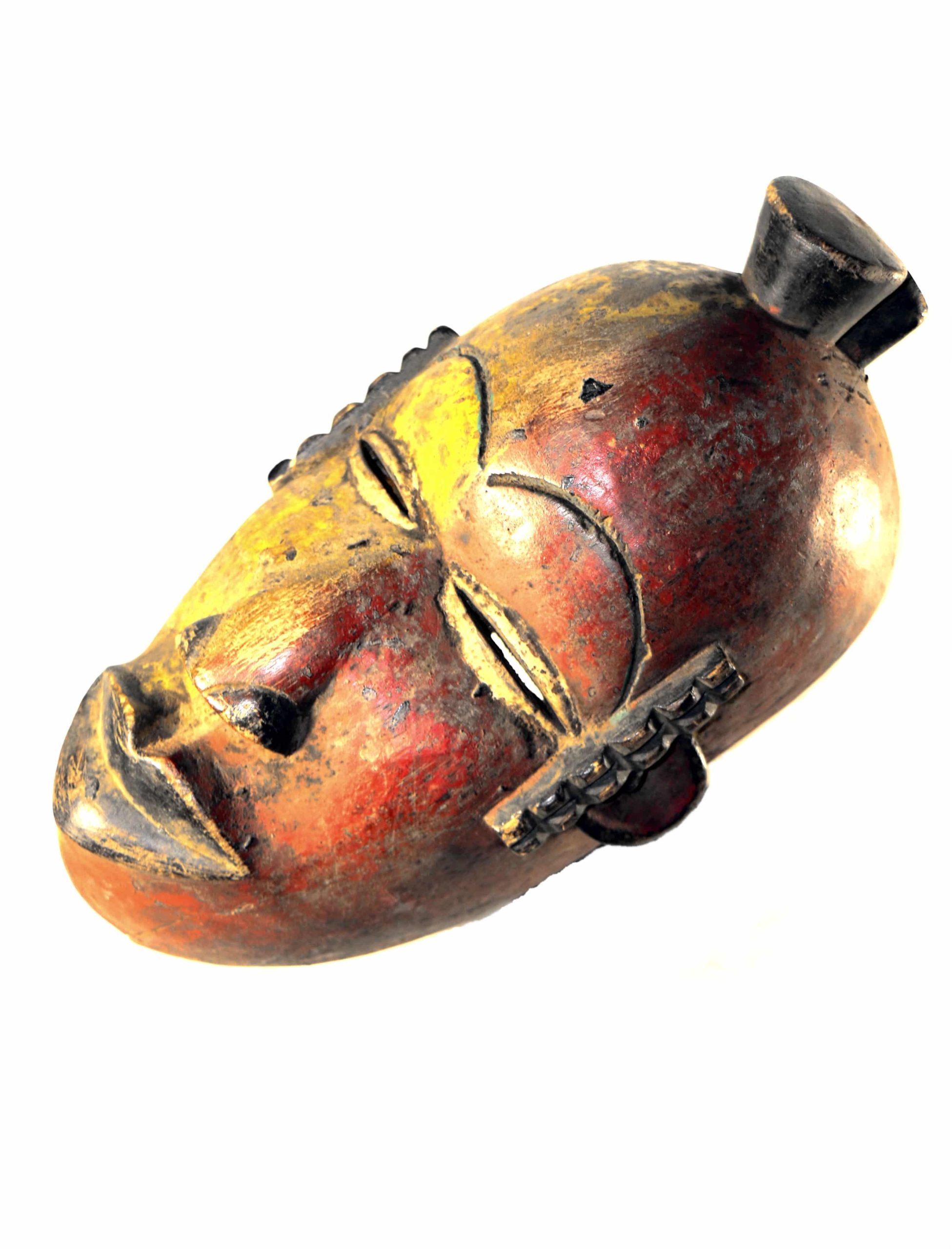
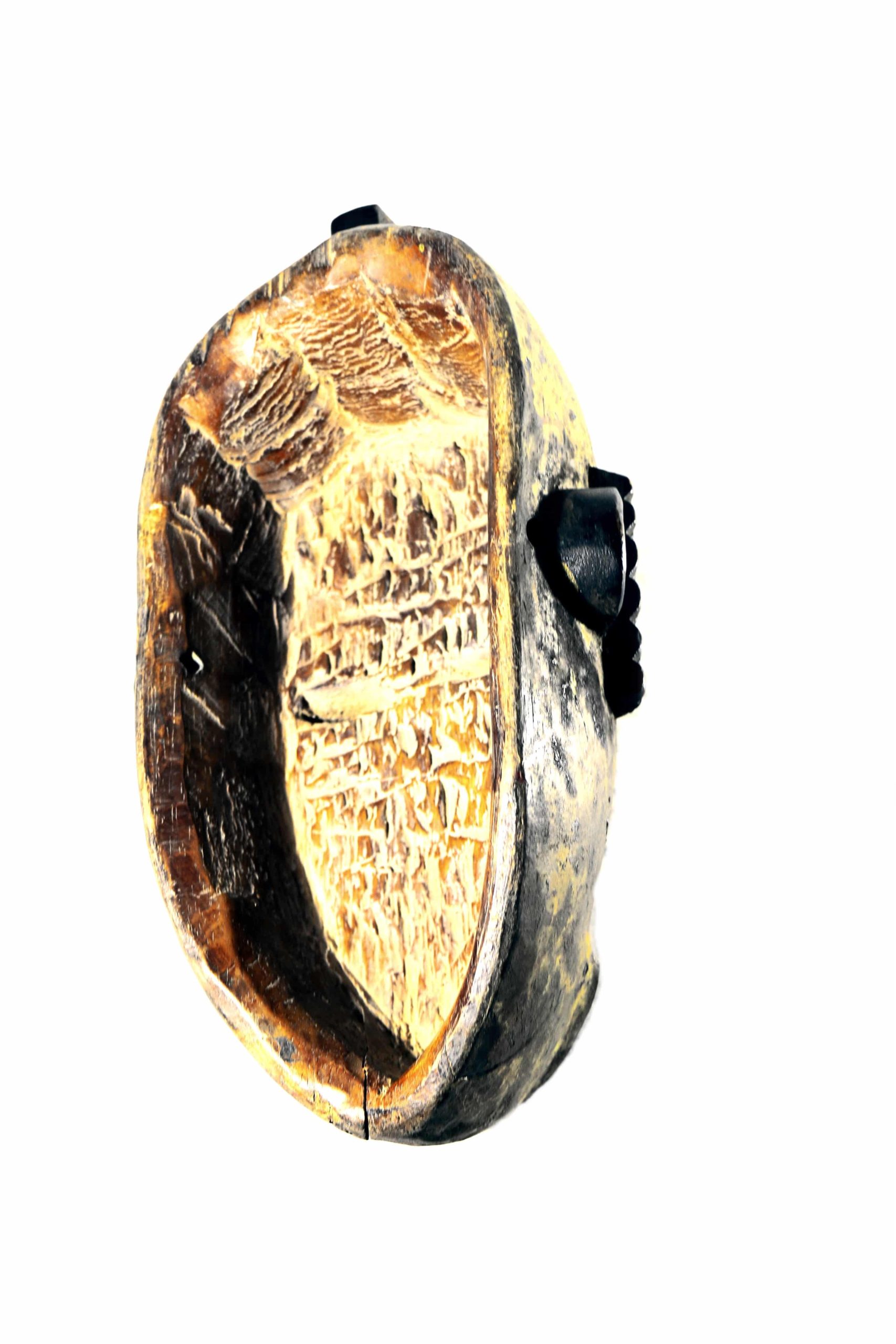
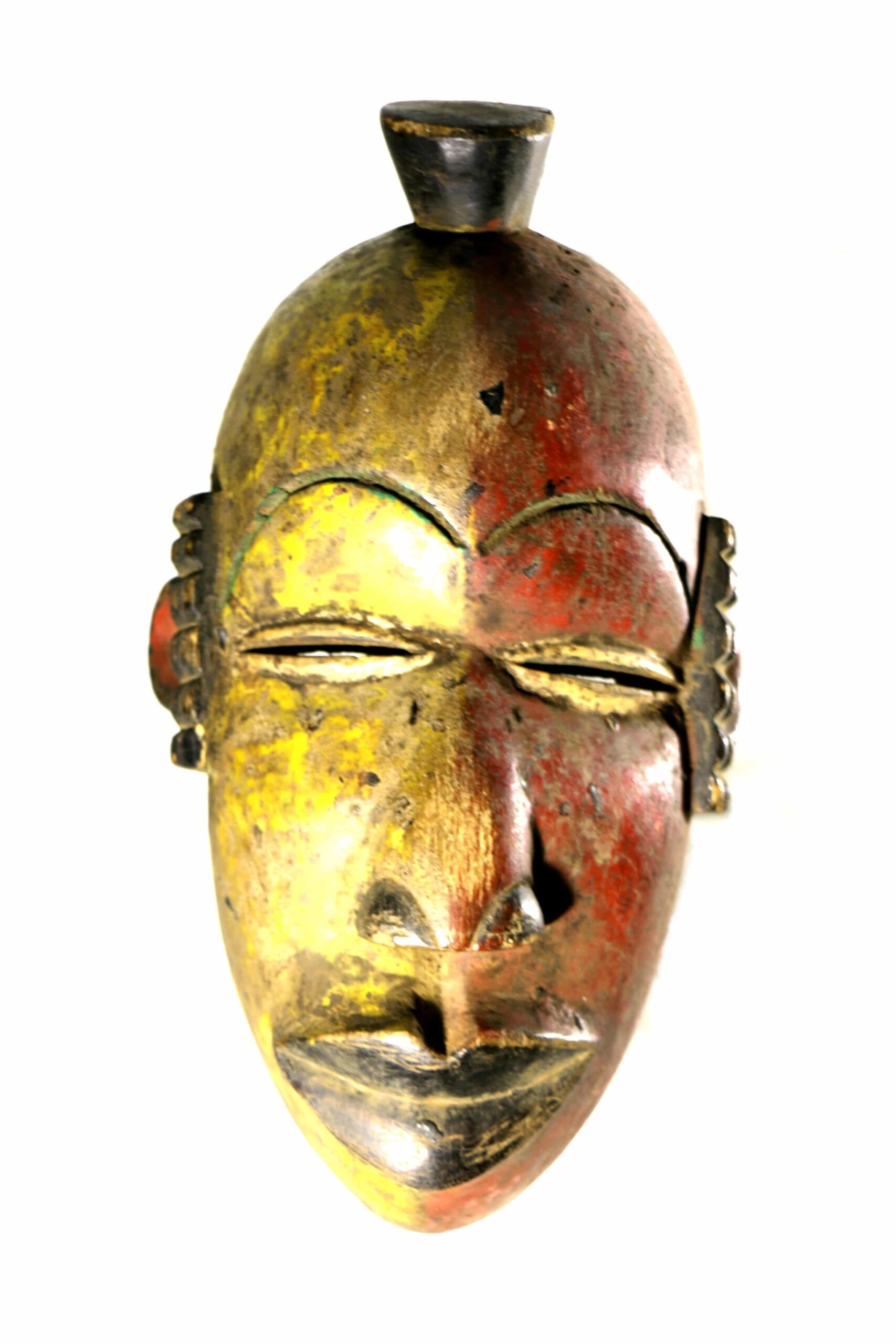
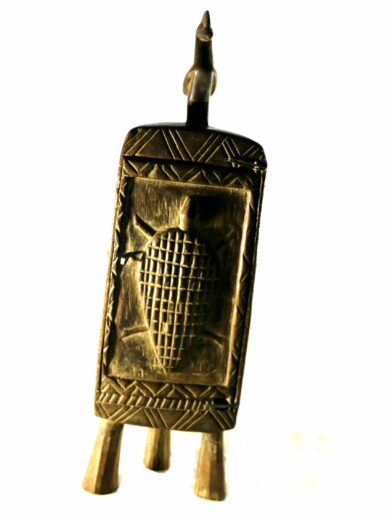
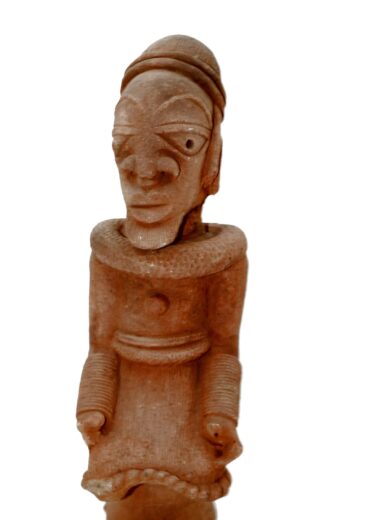
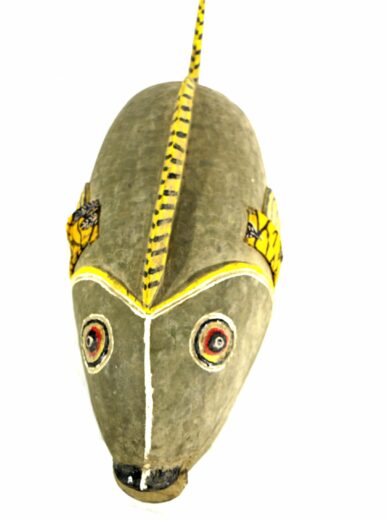
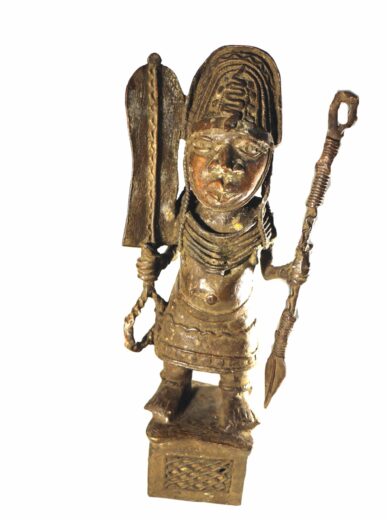
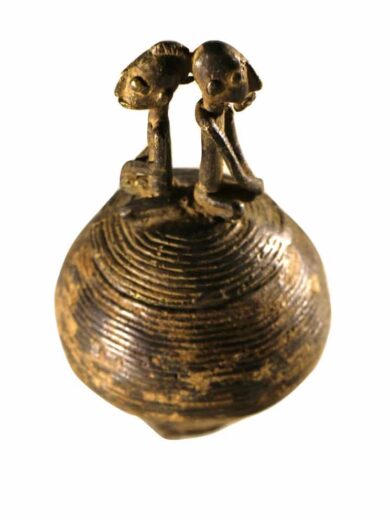
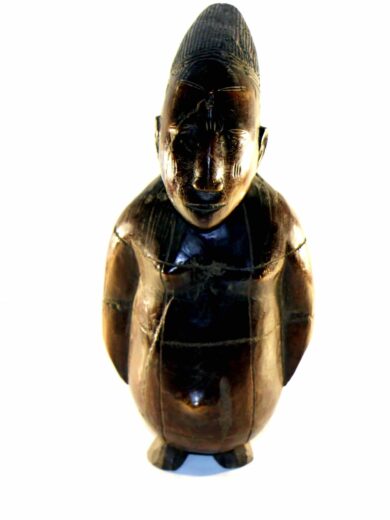
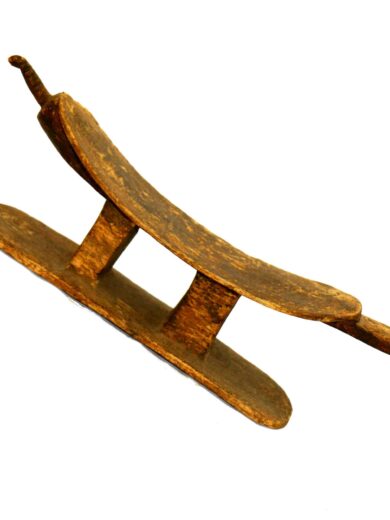
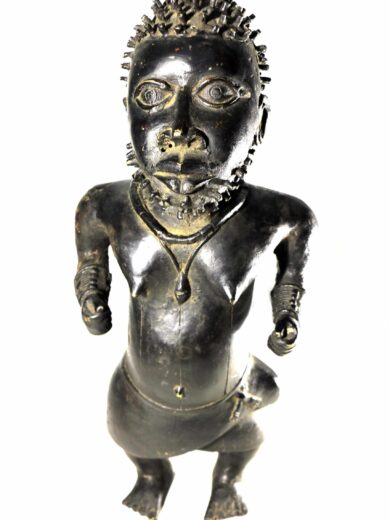
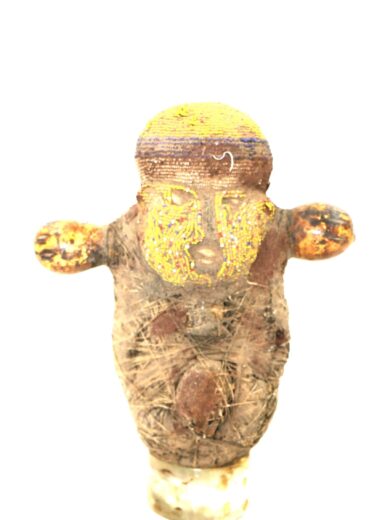
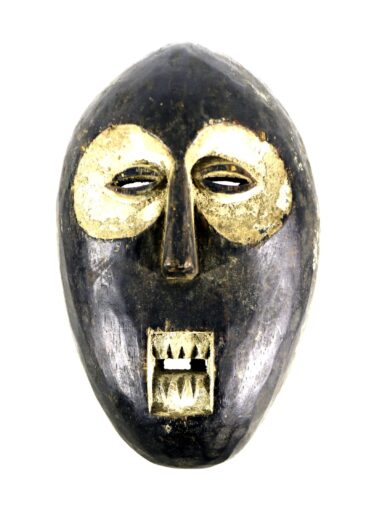
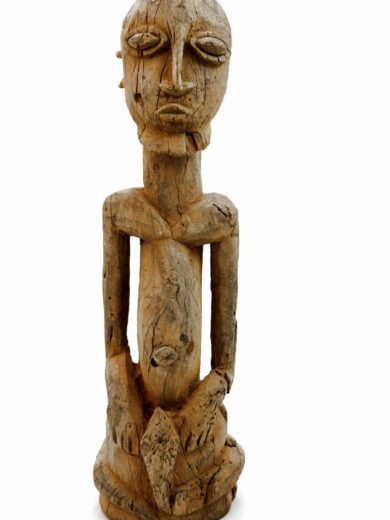
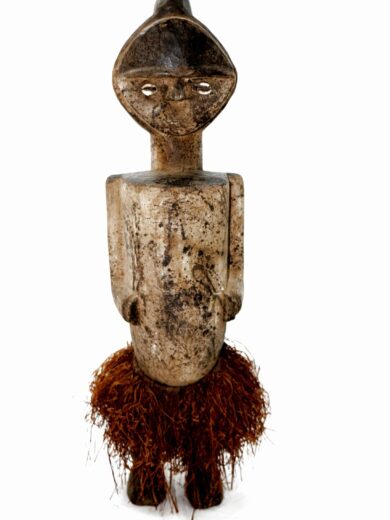
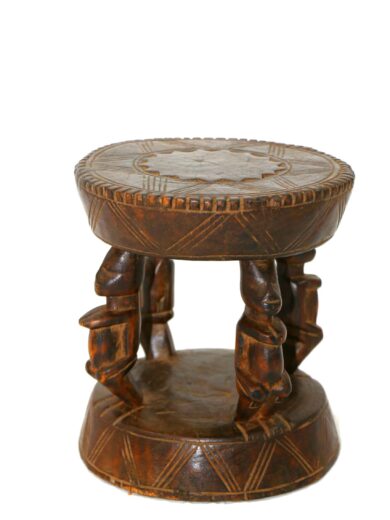
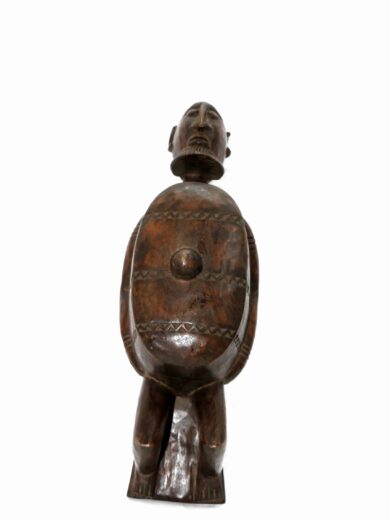
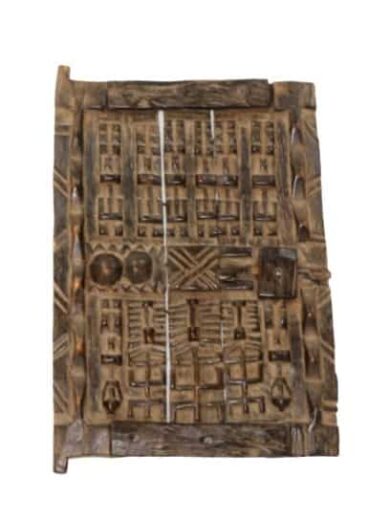
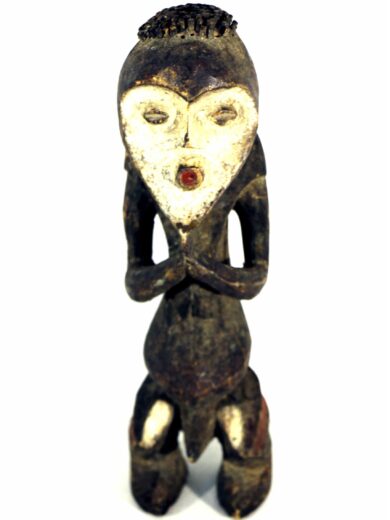
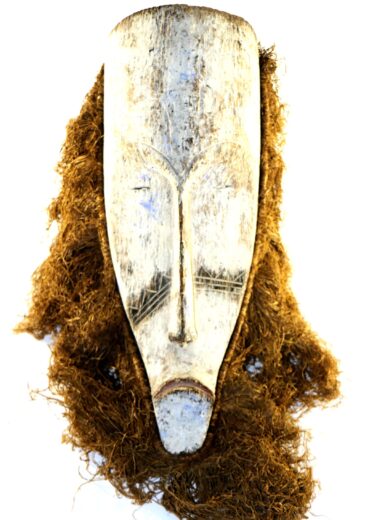
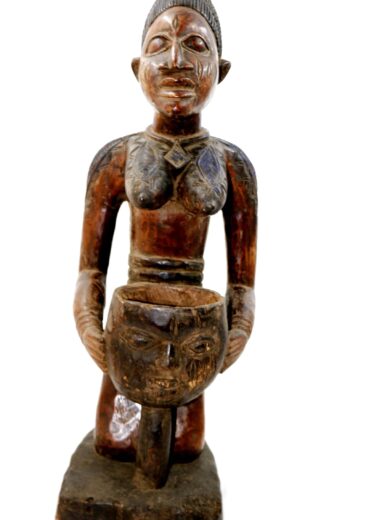
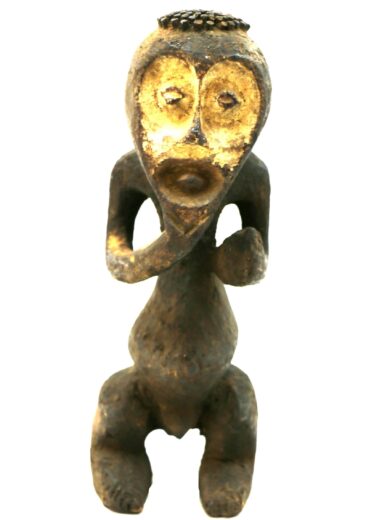
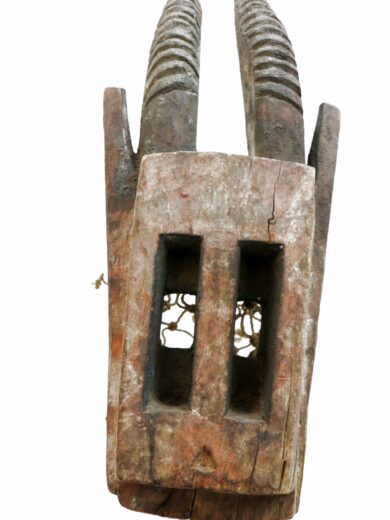
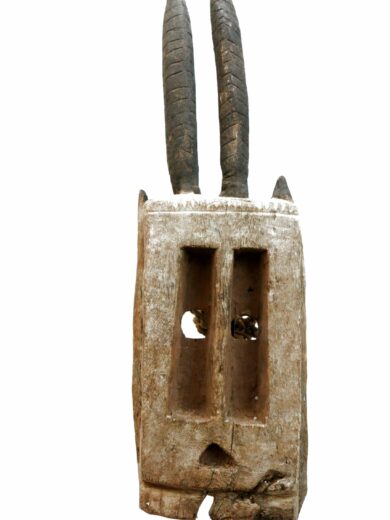
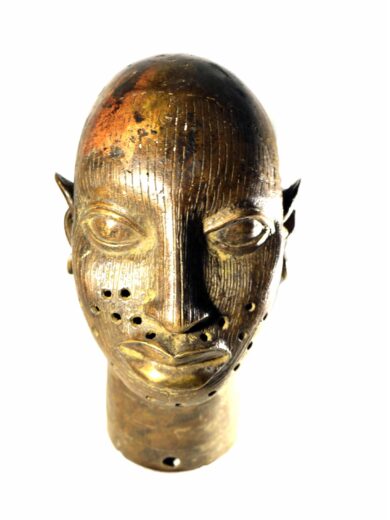
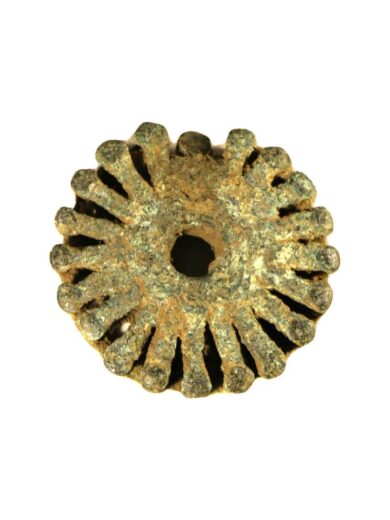
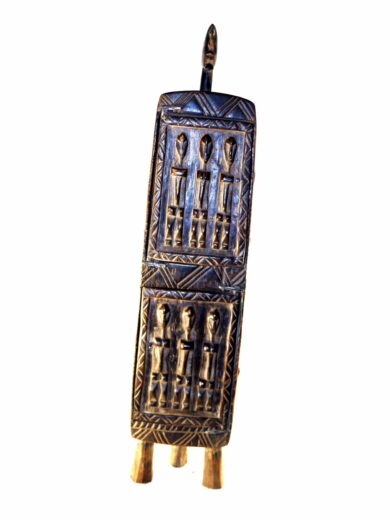
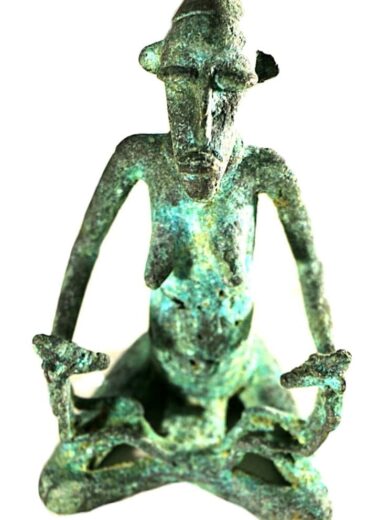
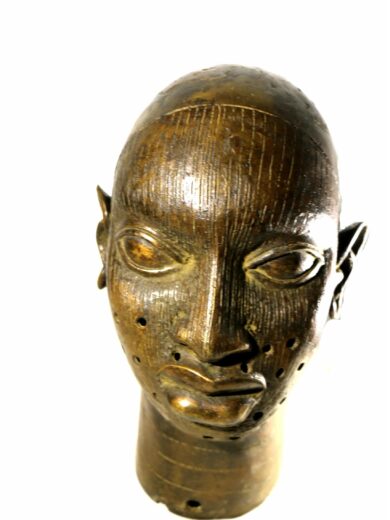
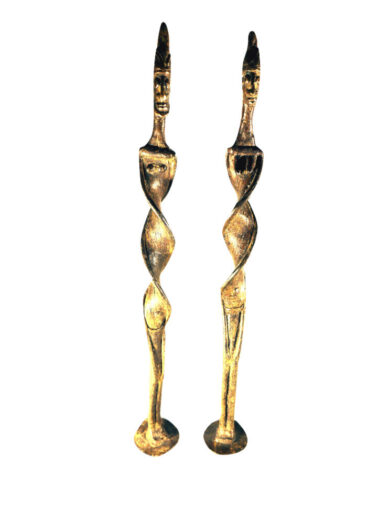
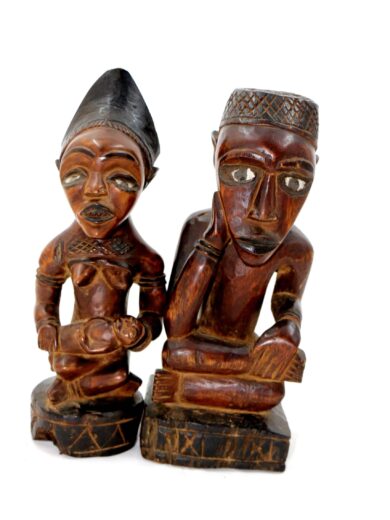
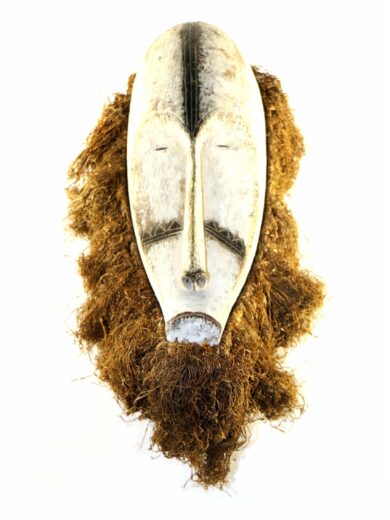
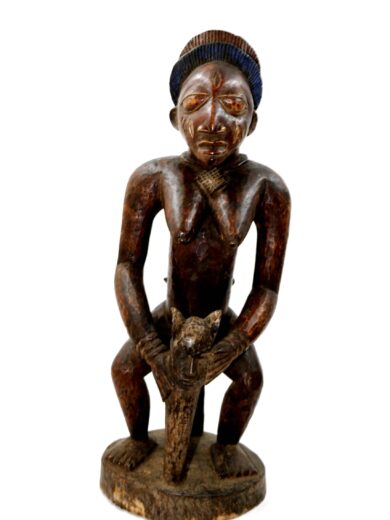
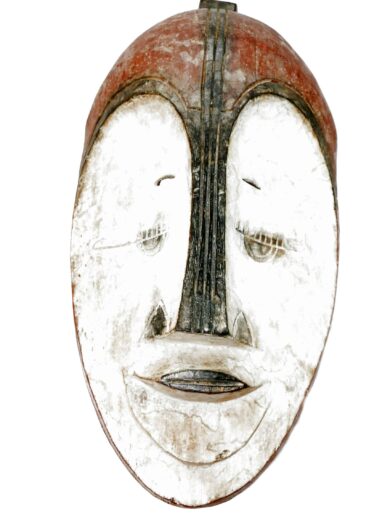
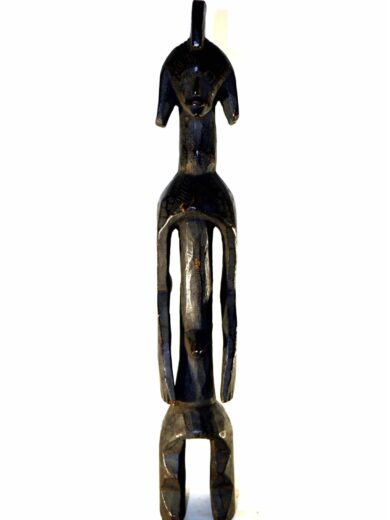
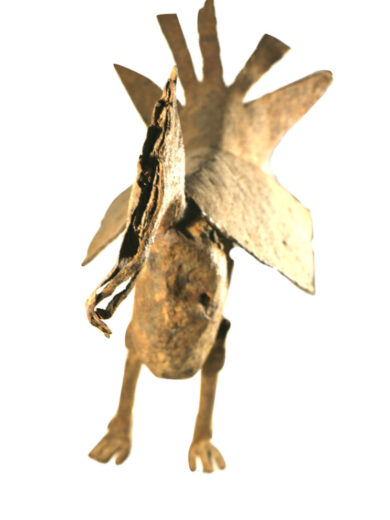
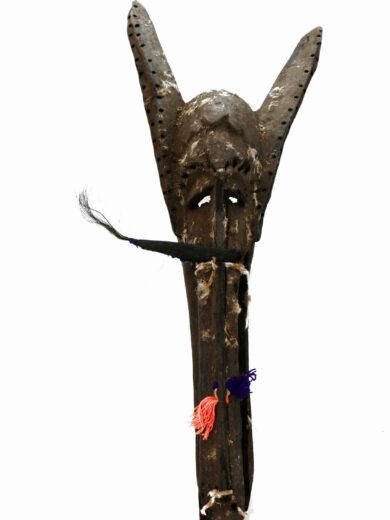
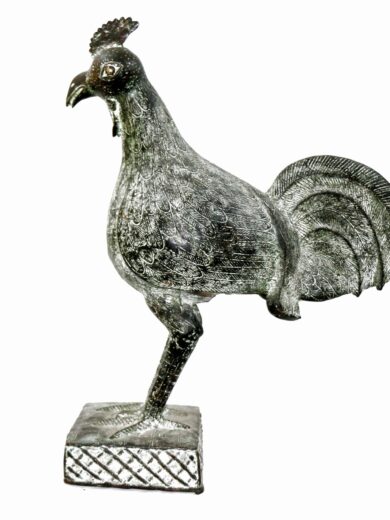
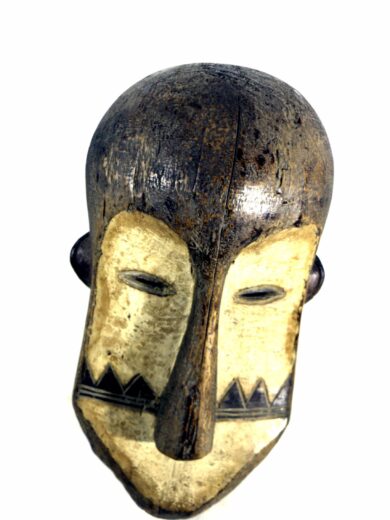
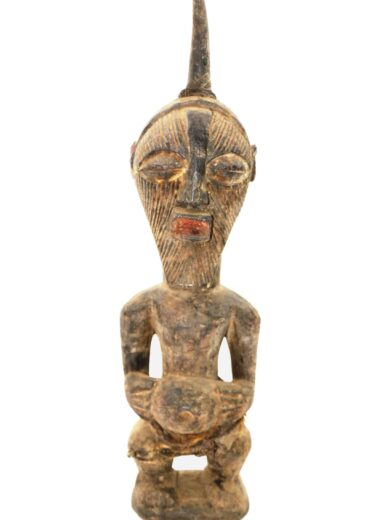
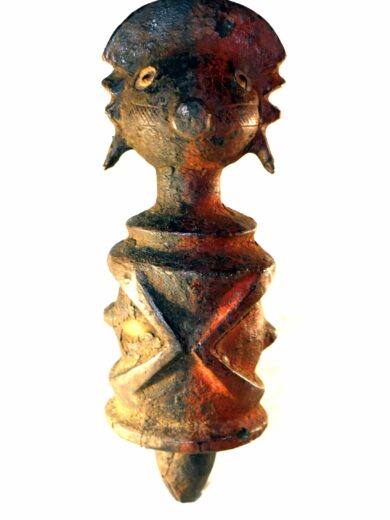
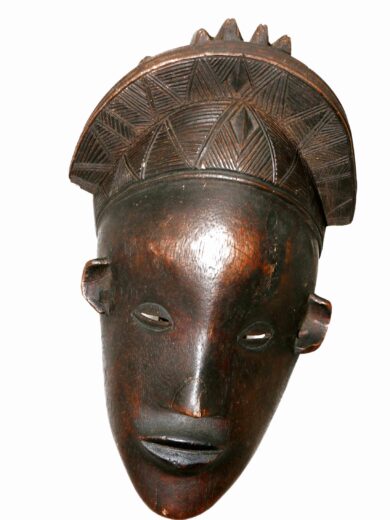
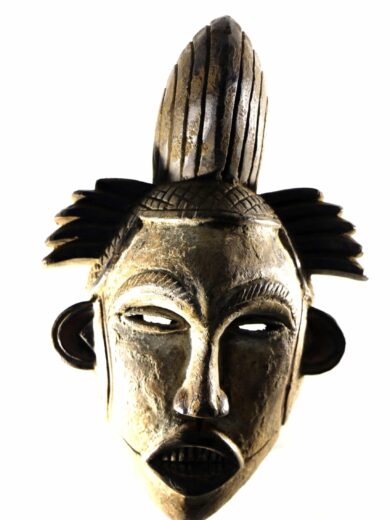
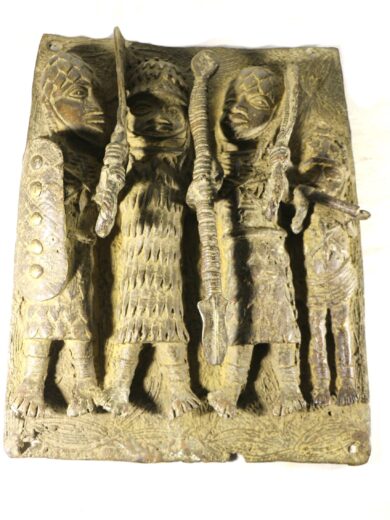
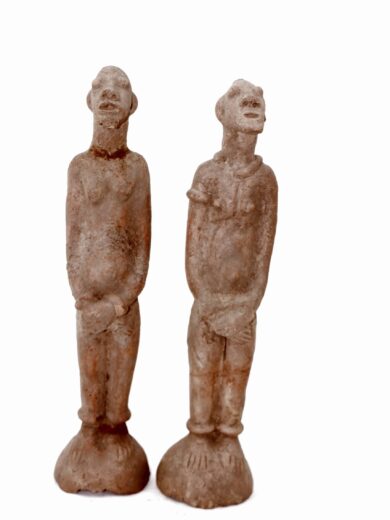
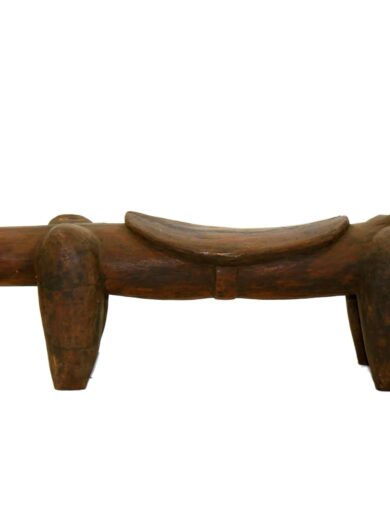
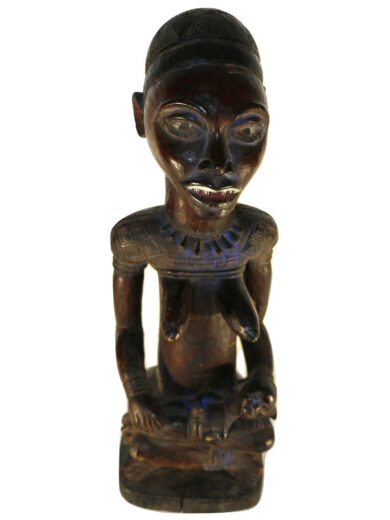
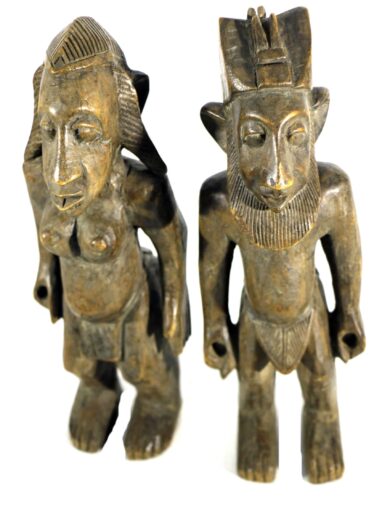
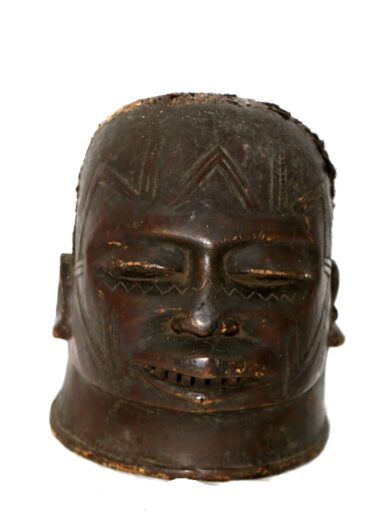
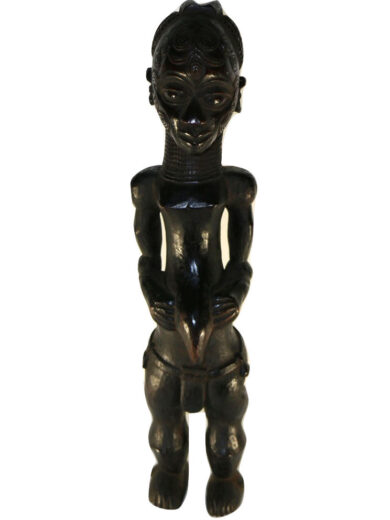
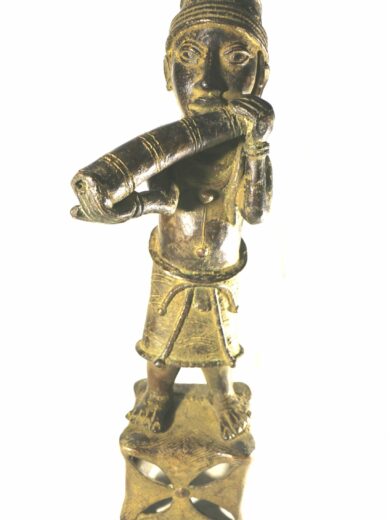
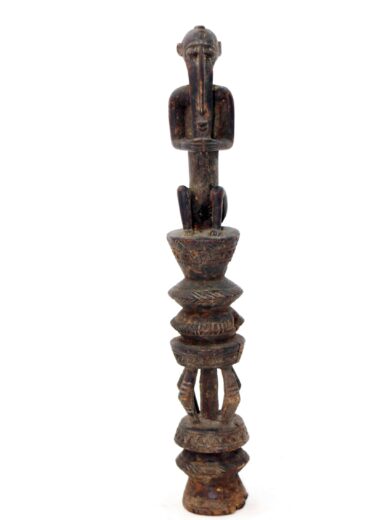
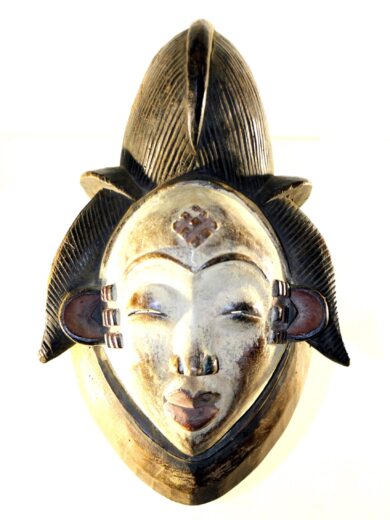

Reviews
There are no reviews yet.